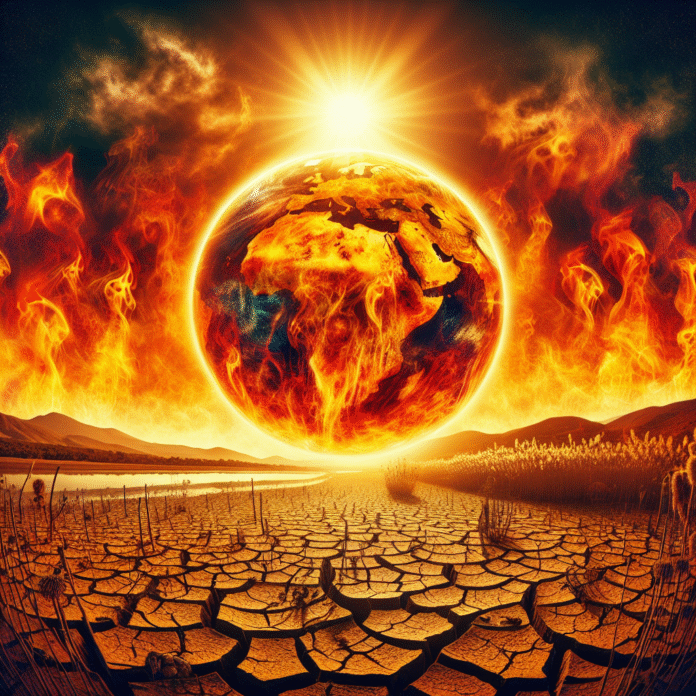Impact of Climate Change on Extreme Heat
Climate Change Is Making Extreme Heat Worse
Climate change is increasingly becoming a significant factor in the rise of extreme heat events worldwide. As global temperatures climb due to human activities such as burning fossil fuels, deforestation, and industrial processes, the frequency and intensity of heatwaves are also escalating. This trend poses severe risks to public health, the environment, and various economic sectors.
The Science Behind Rising Temperatures
The Earth’s climate is undergoing profound transformations primarily because of the accumulation of greenhouse gases in the atmosphere. Carbon dioxide, methane, and other pollutants trap heat, leading to a gradual warming of the planet. According to the Intergovernmental Panel on Climate Change (IPCC), average global temperatures have already risen by approximately 1.1 degrees Celsius since the late 19th century. This increase may seem modest, but it has significant implications for weather patterns, including more frequent and severe heatwaves.
Impact on Public Health
Extreme heat poses serious health risks, particularly for vulnerable populations such as the elderly, children, and individuals with pre-existing health conditions. Heat-related illnesses, including heat exhaustion and heat stroke, are on the rise, leading to increased hospitalizations and fatalities. Furthermore, prolonged exposure to high temperatures can exacerbate respiratory and cardiovascular diseases, overwhelming healthcare systems.
Environmental Consequences
The impacts of extreme heat extend beyond human health. Ecosystems are under strain, with higher temperatures affecting wildlife habitats, plant growth, and water resources. For instance, heat stress can lead to reduced crop yields, threatening food security in various regions. Additionally, prolonged heat can exacerbate drought conditions, leading to water shortages and increased competition for resources.
Economic Ramifications
The economic implications of rising temperatures are vast. Agriculture, forestry, and fisheries are particularly vulnerable to the effects of extreme heat, which can disrupt supply chains and increase costs. Moreover, energy consumption spikes during heatwaves as people rely more on air conditioning, leading to higher electricity bills and increased pressure on power grids. This can result in blackouts and infrastructure damage, further straining local economies.
Adapting to a Changing Climate
Addressing the challenges posed by extreme heat requires urgent action. Governments, businesses, and communities must work together to implement strategies aimed at mitigating the effects of climate change. This includes investing in renewable energy, enhancing urban planning to include green spaces, and improving infrastructure to withstand heatwaves. Public awareness campaigns can also play a vital role in educating communities about the dangers of extreme heat and the importance of preparation.
Conclusion
As climate change continues to intensify, the phenomenon of extreme heat will become an increasingly critical issue. The time to act is now. By prioritizing sustainability and resilience, we can work towards a future where communities are better equipped to handle the heat and its associated challenges. Together, we can combat climate change and protect the health of our planet and future generations.


